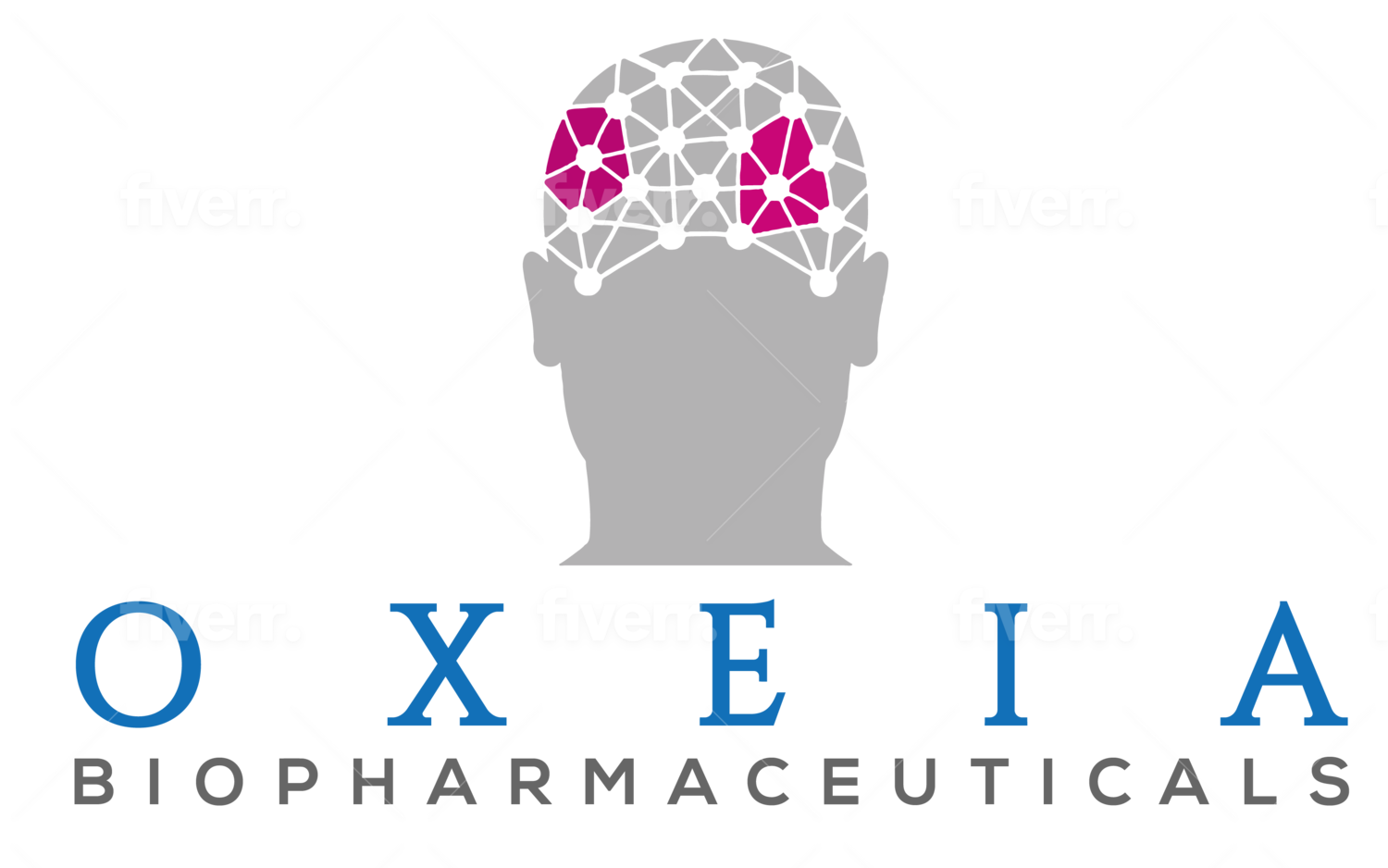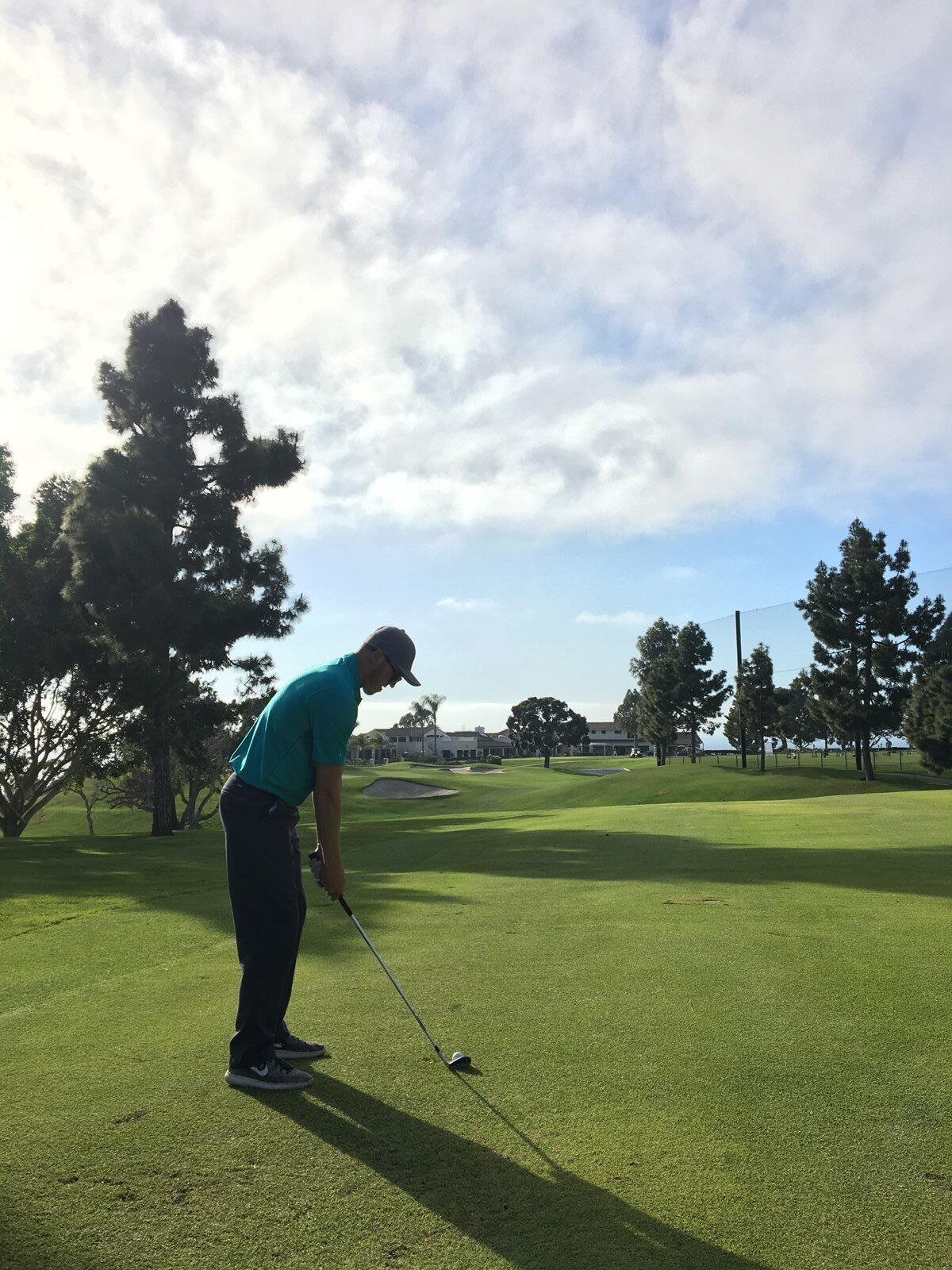Chris Beranger’s Story
Golf Professional/Former High School and College Football Star
Football was a major part of my life growing up. In fact, my entire identity was wrapped up in being a football player and an athlete. I was captain of my Winthrop (MA) High School football team my senior year, three-time All-North Shore All-star, top athlete of my class, third in Division 3 and co-MVP in the Northeastern Small Conference. Finishing high school, I felt I was on top of the world … and I was going on to play football on the University of New Hampshire Wildcats football team, an NCAA Division 1 team.
My first concussion was as a redshirt freshman in a game against Lehigh. I was running down field on the kickoff team and tried to take a double team block. I hit them … the next thing I knew I was in the locker room with the training staff. I must have blacked out for 15 to 30 minutes. I’m told that the trainers kept asking me questions and all the while I asked for my mother. I don’t remember much about that. I do remember my symptoms I had headaches and was nauseous in the mornings. Every week I took a physical and mental test. Two or three weeks later, I began to feel better. I played all the next season. I took a lot of tackles and hits, but with no apparent injuries. It was a great season for me. I made 142 tackles, the fourth highest single-season total at UNH since they started tracking it in the early 1980s. I ranked second in the CAA and third in the country with 77 solo tackles.
Then came summer training camp. I remember it was a cold rainy day in August. I was a free safety and I took on our center in practice. We collided. He was 300 pounds to my 200. I blacked out and was immediately taken out of practice to sit on the sidelines. I recall being very emotional when I got into locker room. The team trainer drove me to the ED to get CAT scan of my brain. Nothing showed up on the scan, but I was told to rest and avoid any activities that would stimulate my brain.
This was in 2012 and concussions were starting to be more of a thing. There was increased awareness that concussions were about more than just getting your bell rung. UNH coaches, trainers and medical personnel were buckling down on concussions, watching for symptoms, testing and not letting players go back into the game.
It again took about two to three weeks before I started feeling better. In fact, I was still feeling symptoms when I passed the cognitive test before our first game of the season. I continued to feel symptoms during the first few games that season. I asked my coach for Aleve before the games for my headaches, but I still wasn’t letting anyone know about the ongoing nausea that I experienced every morning. My stepdad, who’d been watching me play football since I was a kid, observed that I didn’t look like myself out on the field. That made me question what was going on. I knew I wasn’t feeling right, but I chose to put those thoughts aside.
today …
Looking back It’s clear this was not my best and brightest move, but at the time I didn’t want to miss anything or let down my team. It’s this competitiveness and drive that is ingrained in athletes.
I can’t help but think that if I’d been more patient, my college football career might have had a different ending. I’ll always wonder where I’d be today, if I’d waited.
Watch Chris’s YouTube video to hear him explain what happened next and his advice to others.

“I can’t help but think that if I’d been more patient, my college football career might have had a different ending. I’ll always wonder where I’d be today, if I’d waited.”
Chris Beranger


